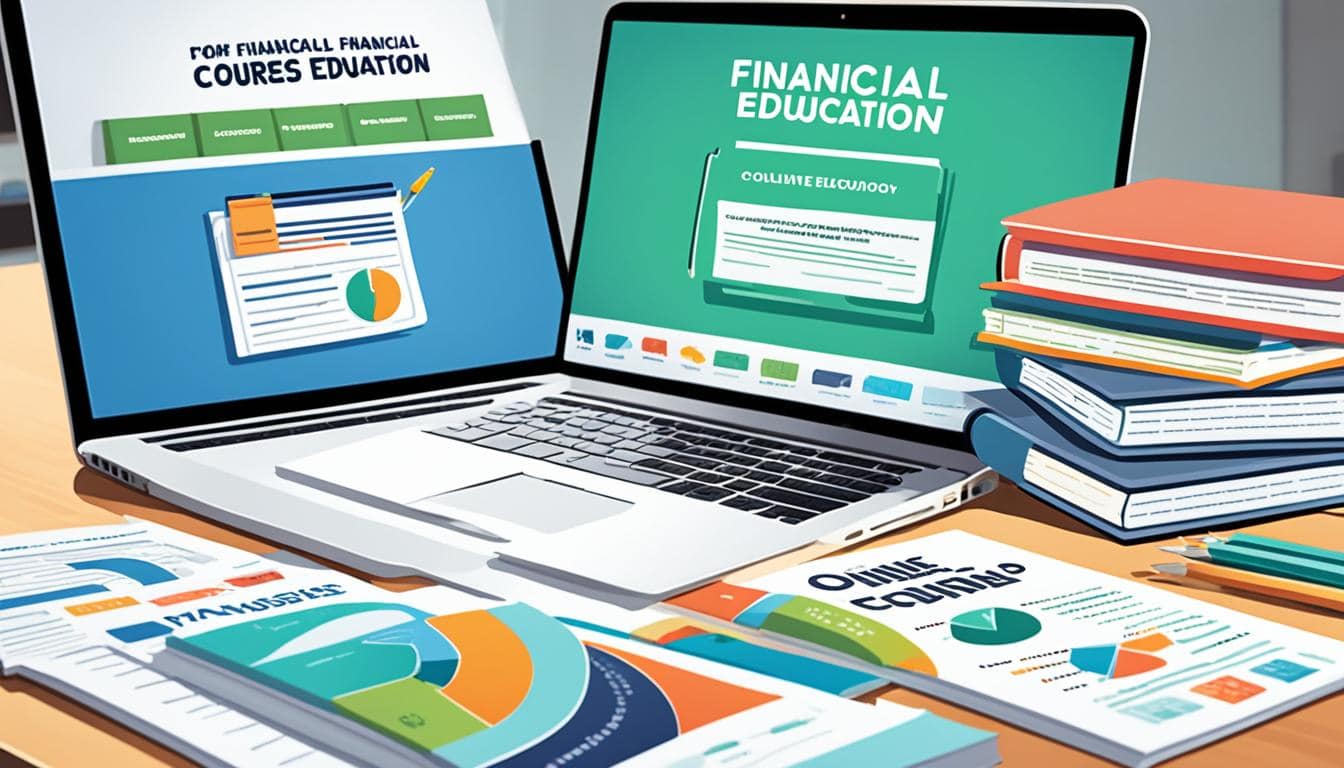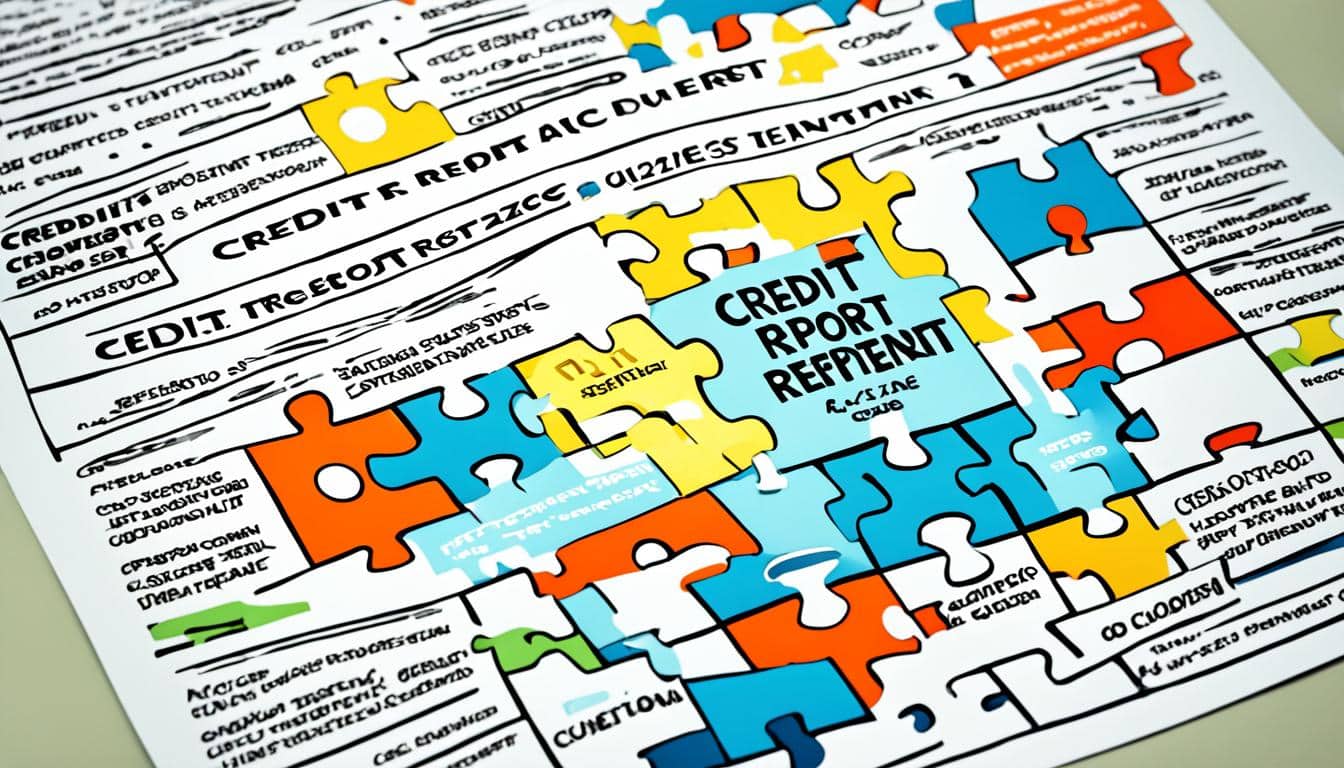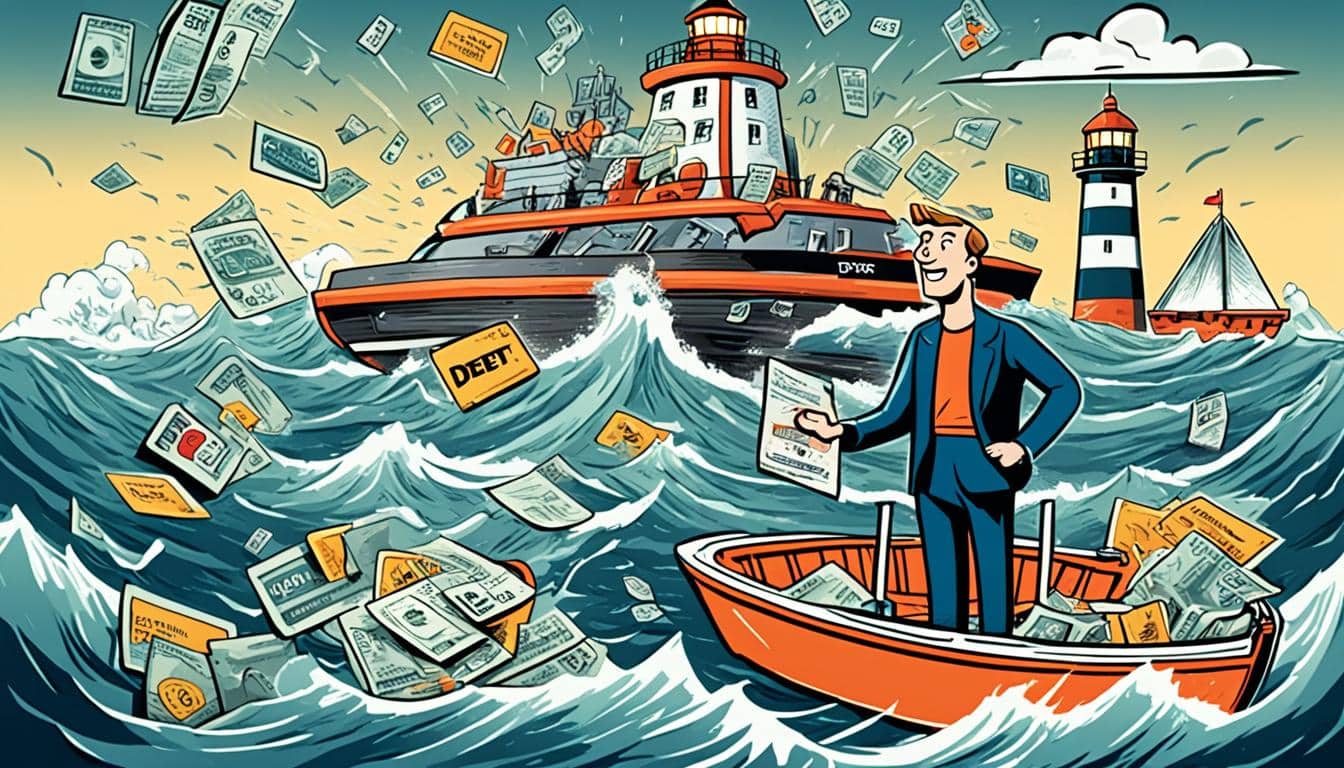Table of Contents (Click To Jump)
Did you know that Bloomberg Markets And Finance has a huge 1.84 million YouTube subscribers? That’s more people than many small countries have! This shows how much people want to learn about finance. Many think of finance as a difficult field, full of hard words like “bullish engulfing.” But you don’t have to be super frugal to manage your money well. It’s really about knowing things like taxes and realistic money plans. Think about Sara and Betty, who are both investing. Who does better isn’t just about who is smarter with their money, but also who understands taxes better.
Taxes aren’t your enemy; they can actually help you not be surprised when bills come. You don’t need a big degree to handle complex money topics. Just get ready to learn the real meaning behind tough financial words and make smart tax decisions.
Key Takeaways
- Bloomberg Markets And Finance is a big hit with its 1.84M YouTube followers, proving people’s eagerness to know more about money.
- Knowing how taxes affect your money can really make a difference.
- You don’t always need a high-level degree or deep knowledge to learn about finance.
- A good base in finance helps you make smart and tax-wise choices.
- Understanding financial terms is simpler with clear and focused learning materials.
furthur reading >
Understanding the Basics of Financial Literacy
Financial education courses are like finding treasure. They protect your money and help you make smart choices. With these skills, you’re like a Money Ninja, cutting through money confusions.
Why Financial Literacy is Essential
Learning about money is not only about spending less. As Investopedia shows with its vast resources, it changes our financial lives. People who understand finance save more and invest for the future, says the FINRA study.
Taxes and debts won’t scare you with financial education. Knowing how taxes affect investments and the importance of low credit use is key. It leads you to financial freedom.
Common Financial Mistakes to Avoid
Everyone makes mistakes with money. But, gaining knowledge from books and courses is crucial. A big mistake is not realizing how taxes impact investments. With the right advice, these errors can be avoided.
Some think complexity means success. Yet, simple is often better. Understanding the 50-20-30 rule or different savings accounts is important. Stick to practical, clear financial learning.
Using what you learn about money breaks the cycle of mistakes and doubts. Build your financial future with wisdom from courses, books, and advice.
Top Financial Education Programs and Resources
Let’s start exploring the best financial education out there. It doesn’t matter if you know a lot about money or if you’re just starting. You’ll find something to make you smarter about your finances.
Best Financial Education Resources
Firstly, let’s talk classics. The Wall Street Journal has been our go-to for business and economic news since 1889. If you’re into investing, Kiplinger’s the top choice for money management advice. The Economist is perfect for those who love deep dives into economics and politics.
There’s even more! The U.S. Comptroller of the Currency’s Financial Literacy Resource Directory is a great place to learn about money. BetterInvesting offers great investment education. And the American Association of Individual Investors helps with making smart investment choices.

Free and Paid Financial Education Tools
The internet gives us lots of financial education tools, not just funny videos. Check out Investor.gov for a great introduction to investing. If you love podcasts, check out “Everyone’s Talkin’ Money” by Shannah Compton Game for diverse financial insights. Laura D. Adams’ “Money Girl” and NPR’s “Planet Money” are great for weekly finance tips and interesting stories.
Want something about money and relationships? Try “The His and Her Money Show.” Use Alison or Coursera for both free and paid finance courses. They offer everything from quick lessons to detailed studies. And who doesn’t love binge-watching?
YouTube Channels for Financial Education
Financial education on YouTube is truly binge-worthy. Channels like Bloomberg Markets and Finance and MappedOutMoney make complex topics simple. It’s like having a finance expert always available.
Everything you need to get better with money is right here. And it’s designed to be both fun and informative. That’s what financial freedom is all about!
Financial Planning and Budgeting Like a Pro
Planning your finances is like preparing for a big battle. You need strategy, foresight, and to watch your spending. Turning your income into savings and managing your investments requires precision. Here’s your guide to beat money challenges and win.
Developing a Sound Financial Plan
A good financial plan starts by setting clear goals. This could be an emergency fund, saving for a home, or retirement dreams. Every dollar should have a goal. Experts say to save 3 to 6 months of expenses for emergencies.
Start off with a high-yield savings account. Look for rates like 5.25% to 5.30%. Set short-term goals for 90 days and check your progress yearly. Need help? A financial advisor can be your guide in the world of money.
Effective Budgeting Techniques
Budgeting is key in learning about finance. The “Pay Yourself First” approach is one example. It means saving before you pay bills. You could save $500 for emergencies, $800 for a down payment, and $1,200 for retirement. Each dollar is important, like soldiers protecting you financially. See financial education comparison articles for more tips.
Taxes and Your Financial Plan
Taxes don’t have to scare you. Including them in your financial plans can change how you see your money. It’s good to know about tax rates and how to adjust your finances. Learning about taxes can save you money over time. It means more money stays with you.
Financial success means understanding and following these steps. With the right help, turning your paycheck into savings can be easy. You’ll feel like a financial hero.
Financial Education
The power of knowledge is key to financial stability. Understanding financial education importance is vital. It’s not just about avoiding tax pitfalls or making a budget. According to a 2021 Federal Reserve Bank of San Francisco survey, 28% of payments are with credit cards and 20% in cash. This shows our financial habits are changing, underlining the need for financial literacy.
Talking about financial education topics opens up our world to vital techniques. From budgeting basics to the FIRE movement, these methods are key. Yet, The U.S. Federal Reserve notes 28% of Americans lack retirement savings. And 31% feel their savings aren’t enough. Without financial education, our future may be uncertain.
Learning financial education techniques is crucial for managing money wisely. It’s like mastering secret skills for our financial health. A study shows 63% with self-guided retirement plans are not confident. This highlights that finance is not just about numbers, but also about gaining confidence.
- The importance of having an emergency fund: More than half of millennials aren’t prepared for three months’ expenses.
- Avoiding high debt: 44% of millennials feel they are too deep in debt, impacting their financial health.
- Using alternative financial services sparingly: 43% reported using payday loans and pawnshops.
Books and YouTube channels like Bloomberg Markets and Finance or MappedOutMoney offer insights on finances. Analyzing different financial education resources sharpens our financial acumen, like a true expert.
In today’s world, only 19% of financially savvy millennials manage basic financial concept questions. Thus, the role of financial education stands critical. Through financial education comparison or content-rich channels, gaining financial knowledge is crucial. It’s key for navigating life’s financial challenges successfully.
Conclusion
Learning about finances isn’t about becoming a math genius overnight. It’s a journey that can change our futures. Even advanced economies with great financial markets have trouble with simple money concepts. On average, only 30% understand inflation, interest rates, or risk. This means most of us find these terms confusing. Though it’s full of challenges, this journey offers steps we can take for better financial futures.
Lots of different financial education programs exist. They vary by who they’re for, how long they last, and what they teach. Trying to evaluate them is incredibly hard due to limited resources and complex data. Despite this, new studies keep coming out. They help us learn how to make these programs better for different people and topics.
These programs are effective, but their success rates vary. They’ve been accessed over 413k times, cited in 296 studies, and have an Altmertic score of 214. This shows how big an impact they can make. So, let’s take the first step towards financial literacy. Let’s work towards a future where every paycheck moves us closer to financial security. The journey might be long, but reaching financial understanding is worth it.
FAQ
Why is financial literacy essential?
Financial literacy is like your superhero cape. It teaches you money management, understanding taxes, and budgeting. With these tools, you can face financial challenges and build a secure future.
What are some common financial mistakes to avoid?
There are many mistakes to watch out for. Don’t ignore the tax effects on investments, avoid complicated financial terms, and never skip budgeting. Avoiding these errors makes your financial path smoother.
What are the best financial education resources out there?
Start with the ‘Money Ninja Challenge for Educators’ for an active learning experience. Also, watch Bloomberg Markets and Finance or MappedOutMoney on YouTube for easy-to-understand finance lessons. They make learning finance interesting without boring you.
Are there any good free financial education tools?
Yes! Apps like Mint and You Need A Budget (YNAB) have great free versions that start your financial learning. They simplify complex terms into easy advice. This puts financial wisdom within your reach.
Can YouTube teach me about financial literacy?
Definitely! YouTube offers more than just cat videos. Channels like MappedOutMoney and CNBC Make It have great content that makes finance easy to understand. Watching these can actually teach you a lot!
How do I develop a sound financial plan?
Begin by setting clear financial goals and understanding your money flow. Make a budget that fits your needs while avoiding financial mistakes. Add some tax planning for even more stability.
What are some effective budgeting techniques?
Try the 50/30/20 rule and ‘Pay Yourself First.’ Use 50% of income for needs, 30% for wants, and save 20%. Always save before spending on luxuries. This way, you’re preparing for the future.
Do taxes really affect my financial plan that much?
Yes! Taxes can change everything in your financial plan. Timing investments and knowing about tax deductions are crucial. This ensures taxes don’t surprise you.
How can I assess the importance of financial education?
Without financial literacy, life is like being in a maze blindfolded. Financial education helps you understand and choose the best options. It sets you on a path to mastering finances.
What techniques are best for financial education?
Start simple with the 50/30/20 rule, then explore more like investment planning and tax strategies. Use tools and courses, free and paid, for a structured learning experience. This will turn you into a financial pro.
How do I stay updated on financial education topics?
Follow financial education channels on YouTube, Reddit, and blogs. Regularly check out new tools and apps too. This keeps your financial skills and knowledge up to date.




